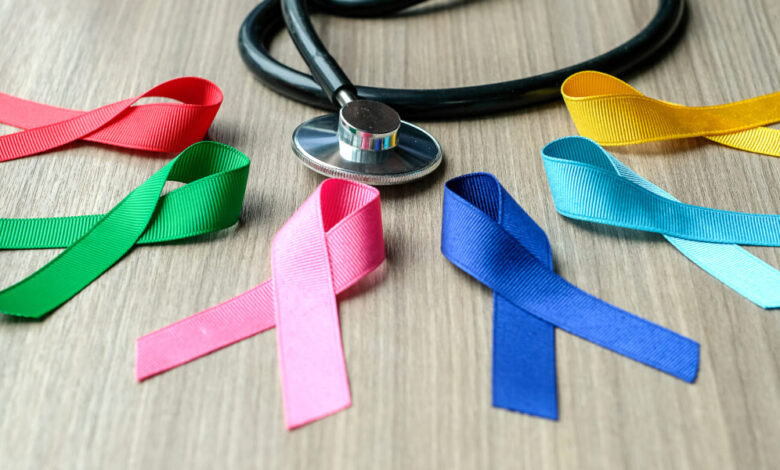Preventative Care and the Importance of Early Detection

Preventative care is an essential part of maintaining good health. Early detection of health issues can help prevent the development of more serious and chronic conditions, ultimately saving time, money, and lives. In this article, we will discuss the importance of preventative care, the benefits of early detection, and some preventative care measures that you can take to maintain good health.
The Importance of Preventative Care
Preventative care refers to the measures that individuals take to prevent the onset or progression of diseases or chronic conditions. These measures include regular health screenings, vaccinations, healthy lifestyle choices, and appropriate medical care. The importance of preventative care cannot be overstated. Preventative care:
Saves Lives
Preventative care helps to detect illnesses at an early stage, making them easier to treat and potentially saving lives. Early detection of diseases like cancer, diabetes, and heart disease can lead to more successful treatment outcomes and increased survival rates.
Saves Money
Preventative care is often less expensive than treatment for chronic conditions. Routine health screenings and check-ups can detect health issues early on when they are less expensive to treat. In contrast, untreated chronic conditions can lead to costly emergency room visits and hospitalizations.
Improves Quality of Life
Preventative care measures can help individuals maintain good health and prevent the onset of chronic conditions. By taking care of their physical and mental health, individuals can live more fulfilling and active lives.
The Benefits of Early Detection
Early detection of diseases and chronic conditions is key to successful treatment outcomes. By detecting health issues early on, individuals can:
Receive More Effective Treatment
Early detection of diseases and chronic conditions allows for more effective treatment options. For example, early detection of cancer can lead to less invasive treatment options like surgery or radiation therapy, which can be more effective in treating the disease.
Improve Survival Rates
Early detection of diseases like cancer, diabetes, and heart disease can lead to increased survival rates. For example, detecting breast cancer in its early stages can lead to a five-year survival rate of up to 99%.
Reduce Treatment Costs
Early detection of diseases and chronic conditions can help reduce treatment costs. Treating a health issue in its early stages is often less expensive than treating a chronic condition that has progressed.
Preventative Care Measures
There are many preventative care measures that individuals can take to maintain good health. These measures include:
Regular Health Screenings
Regular health screenings can help detect health issues early on when they are easier to treat. Health screenings can include blood pressure checks, cholesterol tests, mammograms, and colonoscopies.
Vaccinations
Vaccinations can help prevent the onset of illnesses like influenza, pneumonia, and HPV. Vaccinations are especially important for young children, older adults, and individuals with weakened immune systems.
Healthy Lifestyle Choices
Healthy lifestyle choices like eating a balanced diet, exercising regularly, getting enough sleep, and reducing stress can help prevent the onset of chronic conditions like diabetes, heart disease, and stroke.
Regular Medical Check-ups
Regular medical check-ups can help individuals detect health issues early on and receive appropriate medical care. Medical check-ups can also help individuals manage chronic conditions and prevent the onset of new health issues.



